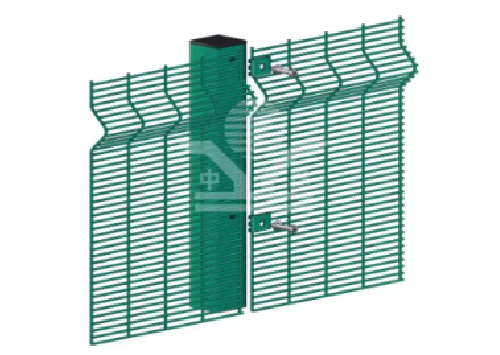

nov . 13, 2024 03:16 Back to list
The Essential Role of Scrap Metal Processing Plants
Scrap metal processing plants play a critical role in modern recycling efforts, serving as the backbone of the metal recovery industry. As the demand for metals continues to rise due to industrial growth and technological advancements, these facilities are essential for converting waste materials into useful resources. This article explores the significance of scrap metal processing plants, their operations, and their environmental contributions.
At the heart of scrap metal processing is the concept of recycling. Every year, millions of tons of metal are discarded from manufacturing processes, construction sites, and consumer products. Instead of allowing these materials to accumulate in landfills, scrap metal processing plants efficiently collect and process these metals. The primary types of metals processed include ferrous metals, such as iron and steel, and non-ferrous metals, including aluminum, copper, and brass.
The process begins with the collection of scrap materials from various sources. Companies, local governments, and individuals can drop off their scrap at processing facilities or rely on collection services. Once at the plant, the metals undergo sorting, where they are classified based on their type and grade. This sorting is crucial because different metals have varying values and recycling processes. Advanced technologies, such as magnets for ferrous metals and eddy current separators for non-ferrous metals, are often utilized to enhance efficiency.
After sorting, the next step is shredding. Shredders break down large pieces of metal into smaller, manageable sizes, facilitating further processing. This reduces storage space and makes melting the metals more efficient. Following shredding, the materials are typically compacted into bales to make transportation easier and more cost-effective.

One of the most vital processes is melting. The processed metals are transported to foundries and mills, where they are melted down and purified. This stage is essential as it transforms the scrap into raw materials suitable for manufacturing new products. The recycling of scrap metal requires significantly less energy compared to extracting and refining metals from ore. For instance, recycling aluminum saves up to 95% of the energy required to produce new aluminum from bauxite ore.
The environmental benefits of scrap metal processing cannot be overstated. By recycling metals, these plants contribute to reducing greenhouse gas emissions, conserving natural resources, and minimizing the need for mining. Responsible recycling practices ensure that waste is kept out of landfills, thus prolonging the life of these sites and reducing pollution. Furthermore, the operations of scrap metal processing plants promote economic growth by creating jobs and generating revenue in local communities.
In addition to their economic and environmental impacts, scrap metal processing plants also play a crucial role in the circular economy. This model encourages the continuous reuse of materials, aiming to close the loop in manufacturing and consumption. Businesses and consumers increasingly understand the importance of sustainability, pushing for more efficient recycling systems and practices.
In conclusion, scrap metal processing plants are indispensable in today’s society, addressing the dual challenges of resource depletion and environmental sustainability. By converting discarded metal into valuable resources, these facilities not only contribute to economic growth but also champion environmental responsibility. As the world moves towards a more sustainable future, the role of scrap metal processing plants will continue to grow, highlighting the importance of recycling in the global economy.
Latest news
Troubleshooting Common Eddy Separator Problems
NewsJul.04,2025
The Role of Metal Recycling Plants in Circular Economy
NewsJul.04,2025
The Impact of Recycling Line Pickers on Waste Management Costs
NewsJul.04,2025
Safety Features Every Metal Shredder Should Have
NewsJul.04,2025
How Industrial Shredders Improve Waste Management Systems
NewsJul.04,2025
How Cable Granulators Contribute to Sustainable Recycling
NewsJul.04,2025